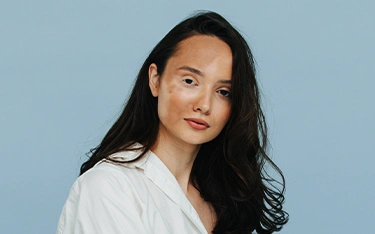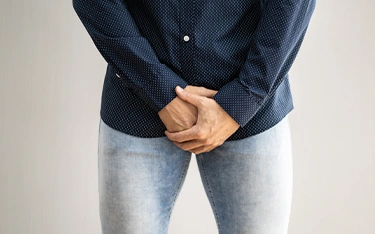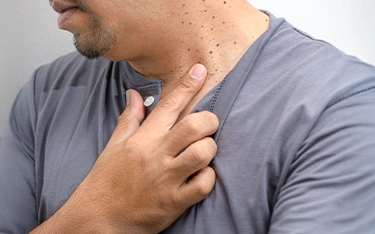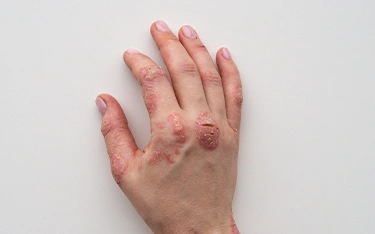FAQs
Iron deficiency disturbs the hair growth cycles and leads to thinning and increased shedding (Telogen Effluvium). Hair health can be improved by correcting low iron levels through diet, supplements and treating the underlying medical conditions.
The signs include brittle nails, diffuse hair thinning, excessive shedding during brushing and fatigue. The best way to prevent vitiligo from spreading and maintain healthy skin and hair is to manage iron, sun protection, and skin care.
Oral iron supplements can restore ferritin and haemoglobin levels and reduce hair shedding within 3-6 months. One should monitor levels with periodic blood tests and adjust the dosage. One should combine supplement therapy with lifestyle steps for holistic care to prevent vitiligo from spreading and manage autoimmune health.
One should include foods like lentils, spinach, and fortified cereals for heme and nonheme iron. Pair iron-rich meals with vitamin c sources to boost absorption. If you are looking to stop vitiligo progression, include antioxidant rich fruits and consult an expert or a specialist for personal guidance.
See medical advice if you notice patchy hair loss, sudden thinning, or fatigue and weakness. Early assessment can prevent complications. A specialist can help test for iron deficiency, suggest treatments, and advice on avoiding vitiligo progression and protecting skin health.





